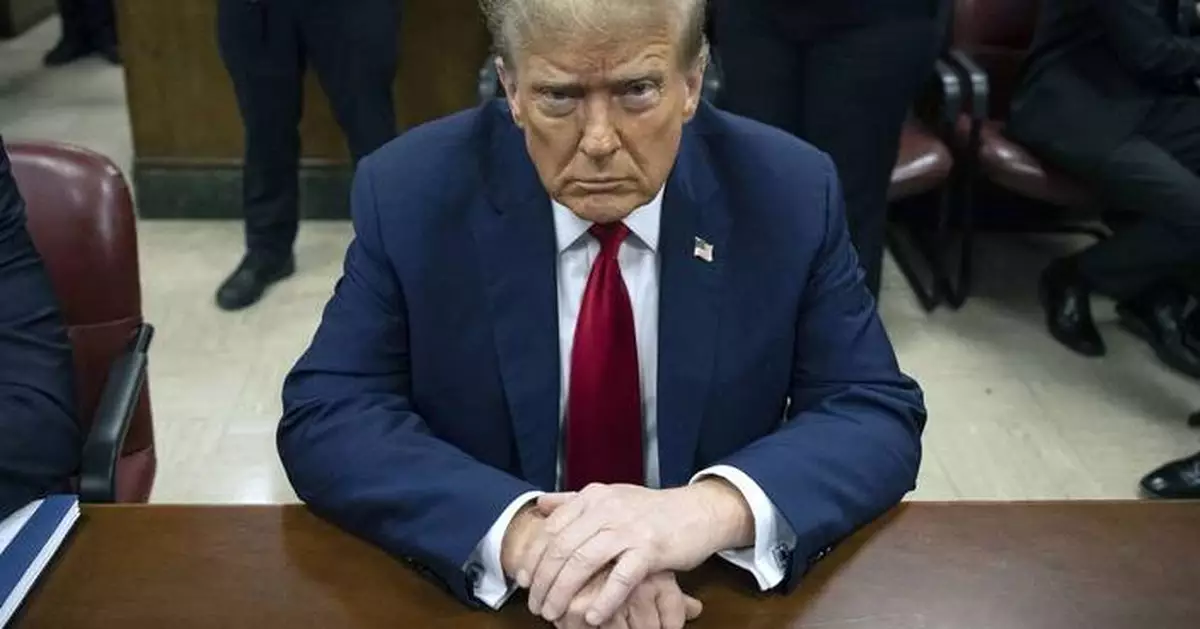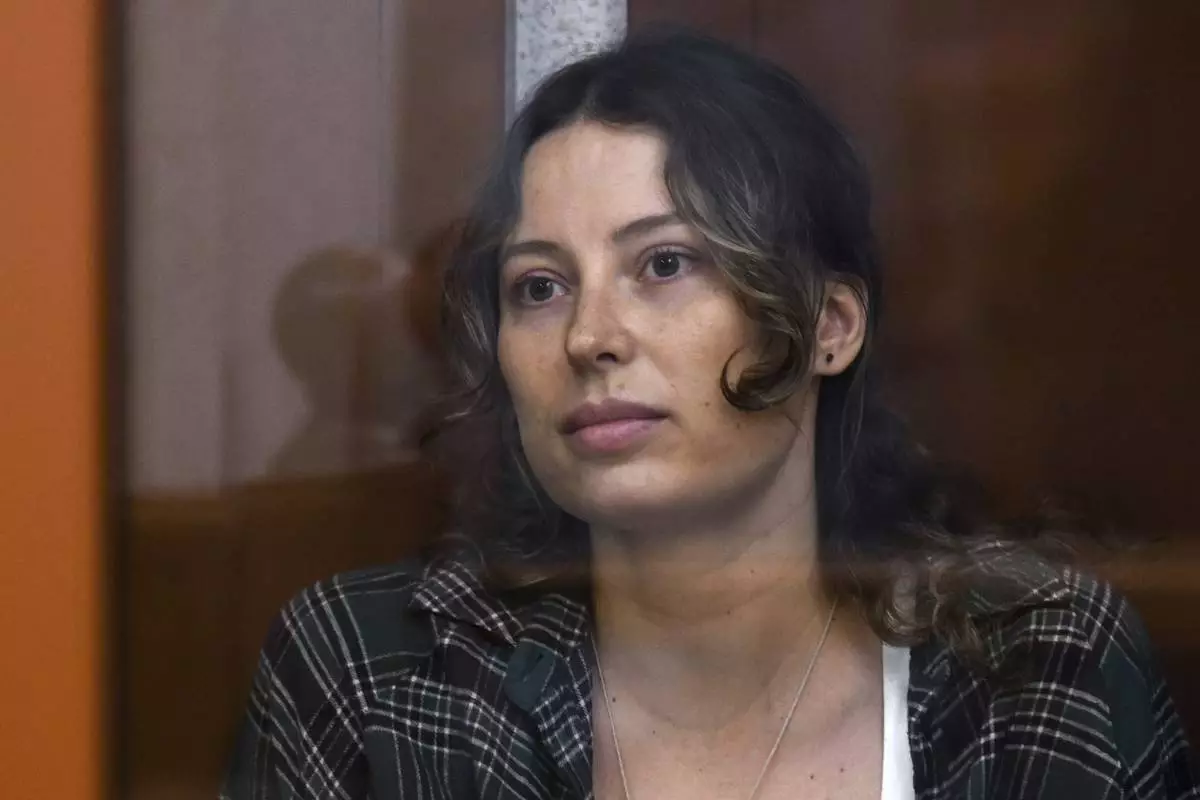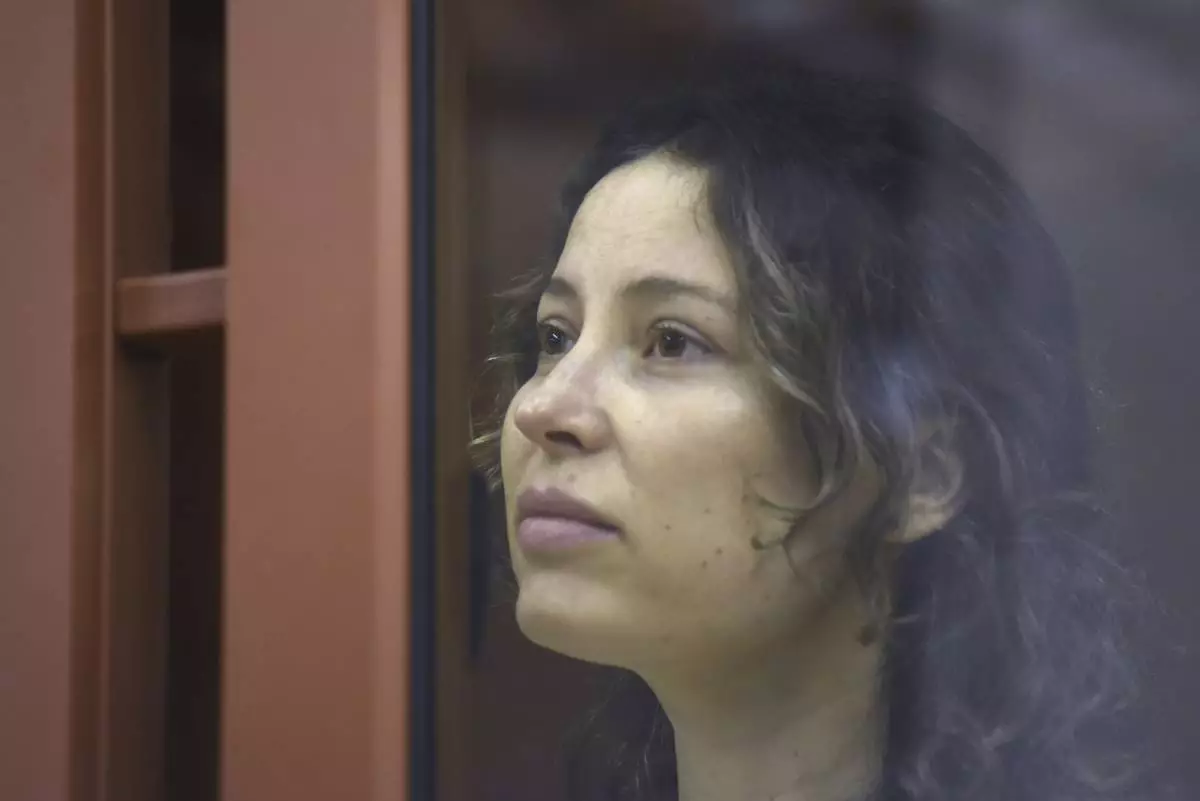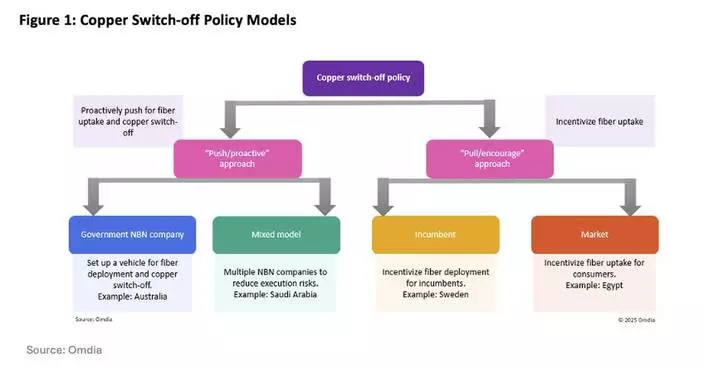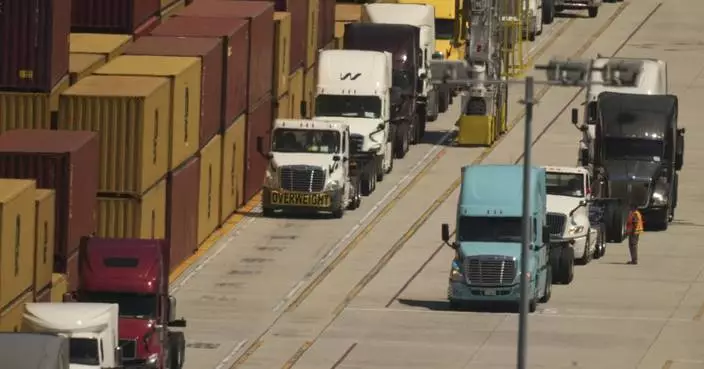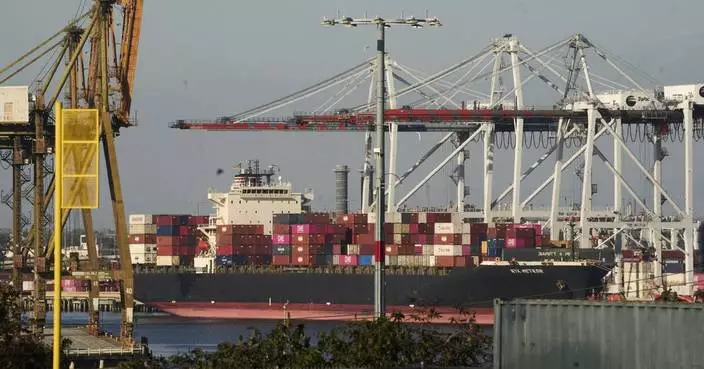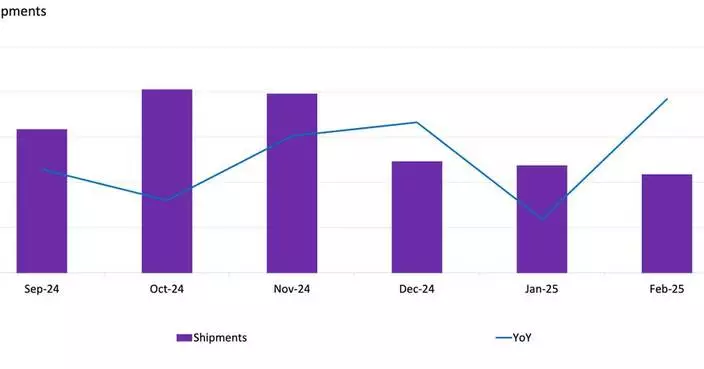NEW YORK (AP) — In an extraordinary turn, a judge Friday set President-elect Donald Trump's sentencing in his hush money criminal case for Jan. 10 — little over a week before he's due to return to the White House — but indicated he wouldn't be jailed.
The development nevertheless leaves Trump on course to be the first president to take office convicted of felony crimes.
Manhattan Judge Juan M. Merchan, who presided over Trump’s trial, signaled in a written decision that he'd sentence the former and future president to what's known as an unconditional discharge, in which a conviction stands but the case is closed without jail time, a fine or probation. Trump can appear virtually for sentencing, if he chooses.
Rejecting Trump’s push to dismiss the verdict and throw out the case on presidential immunity grounds and because of his impending second term, Merchan wrote that only “bringing finality to this matter” would serve the interests of justice.
He said he sought to balance Trump’s ability to govern, “unencumbered” by the case, against other interests: the U.S. Supreme Court's July ruling on presidential immunity and the public’s expectation “that all are equal and no one is above the law,” and the importance of respecting a jury verdict.
“This court is simply not persuaded that the first factor outweighs the others at this stage of the proceeding,” Merchan wrote in an 18-page decision.
Trump lashed out at Merchan on his Truth Social platform Friday, writing that it “would be the end of the Presidency as we know it” if the judge’s ruling is allowed to stand.
He repeated his claims that the case was an “illegitimate political attack” and “nothing but a Rigged Charade” perpetuated by Manhattan District Attorney Alvin Bragg, a Democrat. He didn’t elaborate on potential next legal moves.
Bragg’s office declined to comment on Merchan’s ruling.
Former Manhattan Judge Diane Kiesel said the ruling can’t be appealed under New York law, but Trump nonetheless might try to appeal it. In any event, he can appeal his conviction — a step that can’t be taken until he is sentenced — but he won't be able to pardon himself. Trump’s case was tried in state court, but presidential pardons only apply to federal crimes.
Trump takes office Jan. 20 as the first former president to be convicted of a crime and the first convicted criminal to be elected to the office.
The Republican was found guilty in May of 34 counts of falsifying business records.
The charges involved an alleged scheme to hide a hush money payment to porn actor Stormy Daniels in the last weeks of Trump’s first campaign in 2016. The payout was made to keep her from publicizing claims she’d had sex with the married Trump years earlier. He says that her story is false and that he did nothing wrong.
The case centered on how Trump accounted for reimbursing his personal attorney at the time, Michael Cohen, for the Daniels payment. Cohen on Friday called Merchan’s decision to go ahead with the sentencing “judicious and appropriate.”
The conviction left Trump, 78, facing the possibility of punishment ranging from a fine or probation to up to four years in prison. His sentencing initially was set for last July 11, then postponed twice at the defense’s request.
Then, after Trump's Nov. 5 election, Merchan delayed the sentencing again so the defense and prosecution could weigh in on the future of the case.
Trump’s lawyers urged Merchan to toss it. They said it would otherwise pose unconstitutional “disruptions” to the incoming president’s ability to run the country.
Prosecutors acknowledged there should be some accommodation for his upcoming presidency, but they insisted the conviction should stand.
They suggested various options, such as freezing the case during his term or guaranteeing him a no-jail sentence. They also proposed closing the case while formally noting both his conviction and his undecided appeal — a novel idea drawn from what some state courts do when criminal defendants die while appealing their cases.
Merchan ruled that Trump’s current status as president-elect does not afford him the same immunity as a sitting president. Setting the verdict aside and dismissing the case would be a “drastic” step and would “undermine the Rule of Law in immeasurable ways,” Merchan wrote.
Before Trump’s November election, his lawyers sought to reverse his conviction for a different reason: the Supreme Court's immunity decision, which gave presidents broad protection from criminal prosecution.
Trump was a private citizen — campaigning for president, but neither elected nor sworn in — when Cohen paid Daniels in October 2016. He was president when Cohen was reimbursed, and Cohen testified that they discussed the repayment arrangement in the Oval Office.
The Trump hush money attorneys contended that the jury got some evidence that should have been shielded by presidential immunity. Merchan later rejected that argument, but in the meantime, the election raised new issues.
While urging Merchan to nix the conviction, Trump also sought to move the case to federal court, where he could also assert immunity. A federal judge repeatedly said no, but Trump appealed.
The hush money case was the only one of Trump’s four criminal indictments to go to trial.
Since the election, special counsel Jack Smith has ended his two federal cases. One pertained to Trump’s efforts to overturn his 2020 election loss; the other alleged he hoarded classified documents at his Mar-a-Lago estate.
A separate, state-level election interference case in Georgia is in limbo after an appeals court removed prosecutor Fani Willis from the case.
Trump's lawyers argued that Smith’s decision to dismiss the federal indictments against Trump should propel a dismissal of the New York hush money case, as well. But Merchan said he found that argument unpersuasive, noting that the hush money case was in a “vastly” different stage.
Associated Press writer Larry Neumeister contributed.
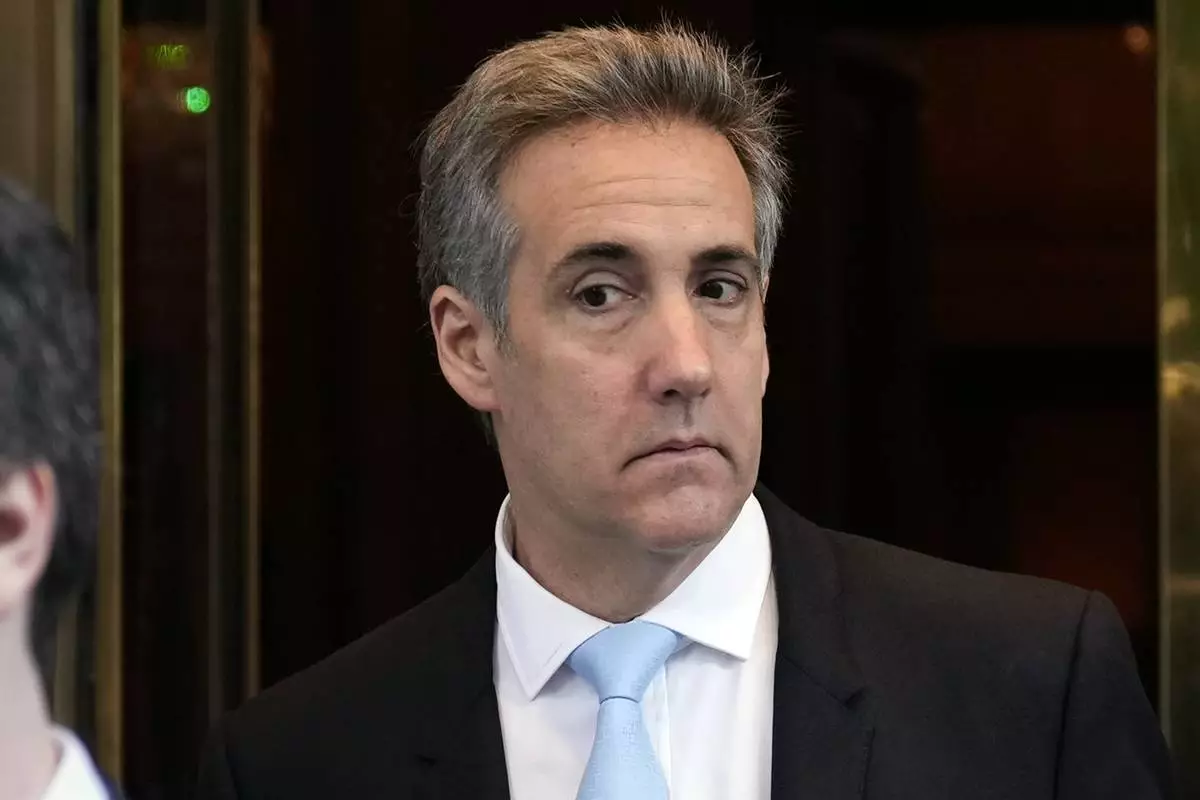
FILE — Michael Cohen leaves his apartment building in New York, May 14, 2024. (AP Photo/Seth Wenig, File)
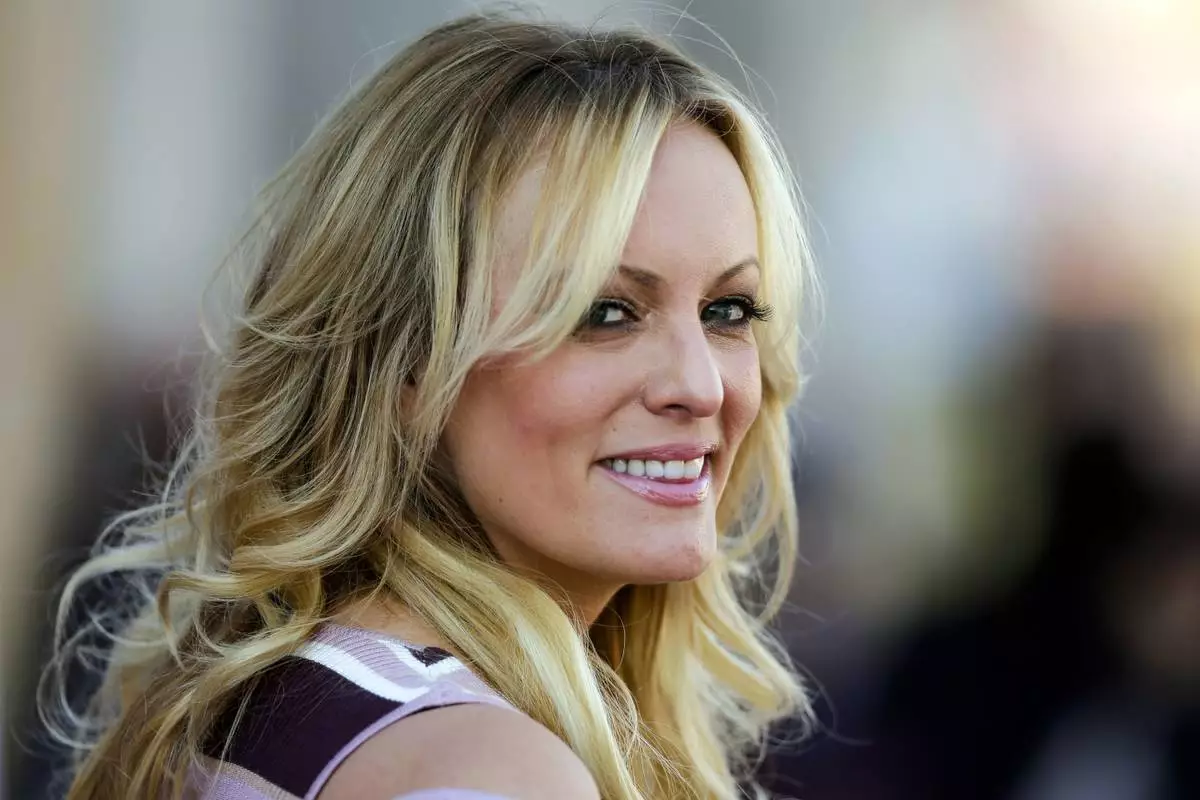
FILE — Adult film actress Stormy Daniels attends the opening of the adult entertainment fair "Venus," in Berlin, Oct. 11, 2018. (AP Photo/Markus Schreiber, File)
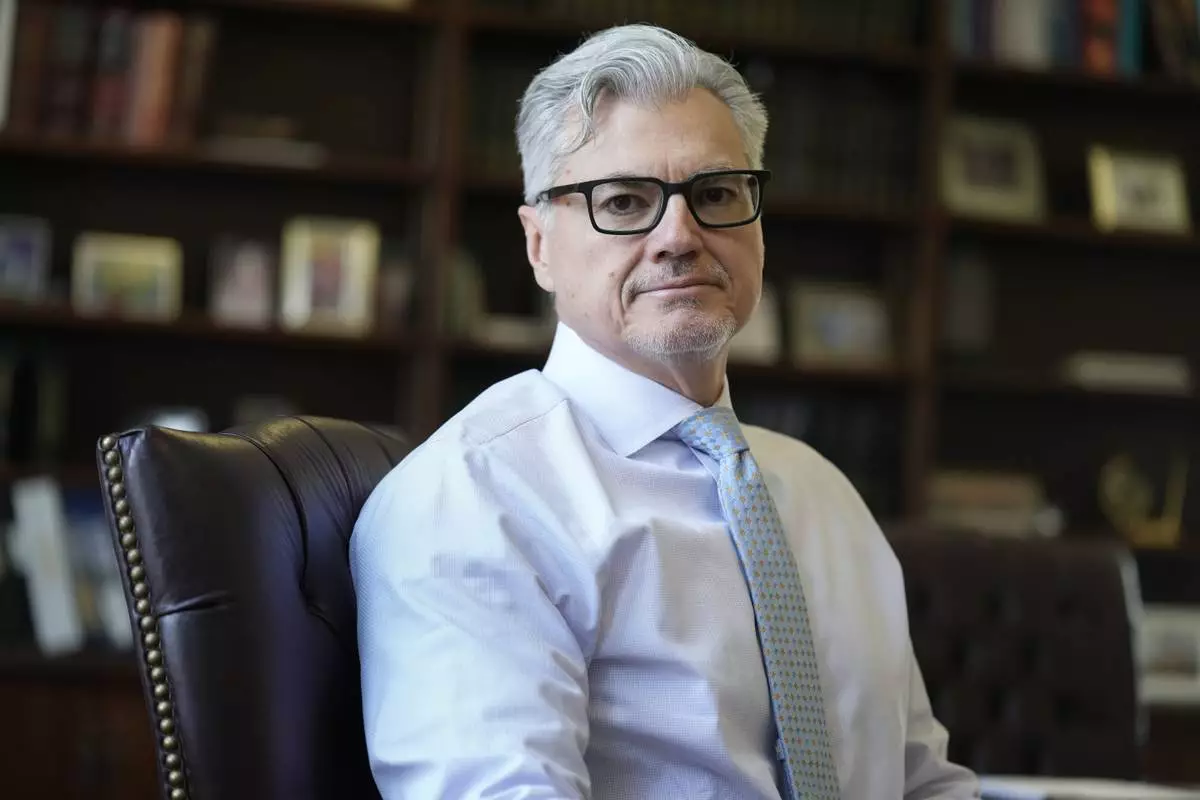
FILE - Judge Juan M. Merchan sits for a portrait in his chambers in New York, March 14, 2024. (AP Photo/Seth Wenig, File)
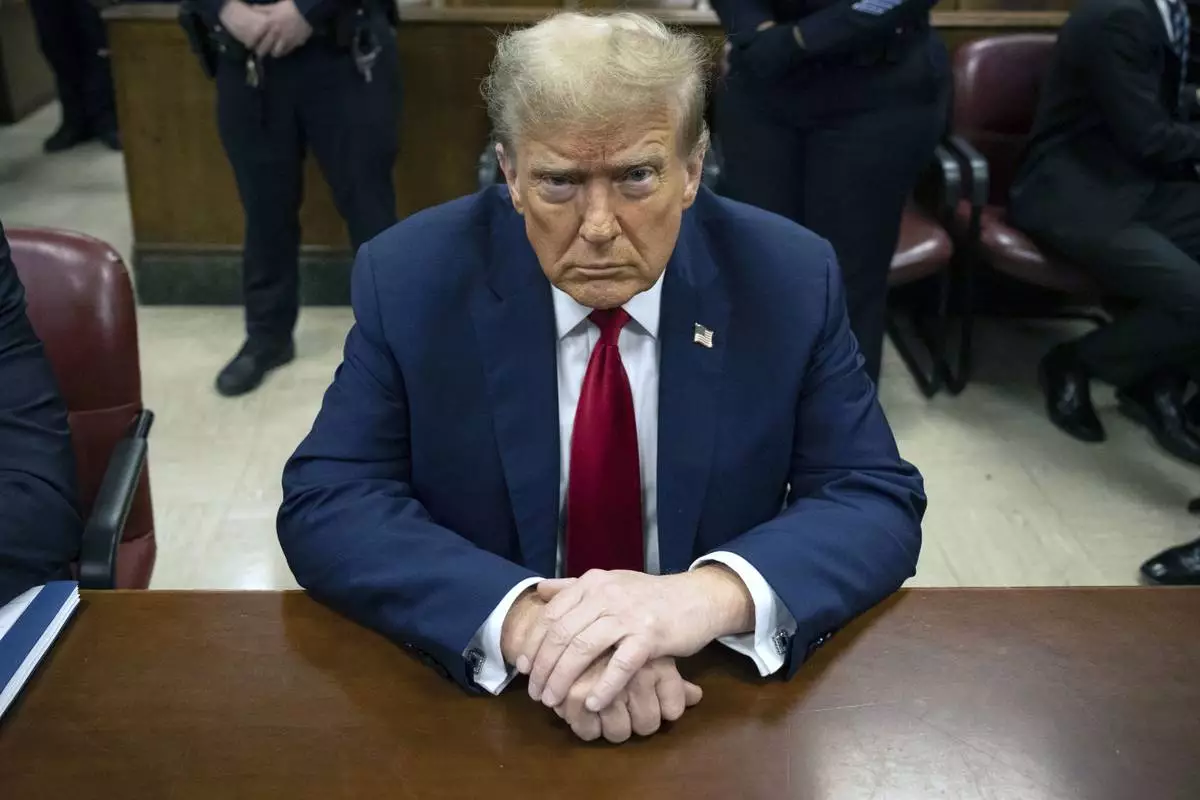
FILE - Former President Donald Trump waits for the start of proceedings in Manhattan criminal court, April 23, 2024, in New York. (AP Photo/Yuki Iwamura, Pool, File)


